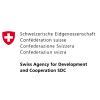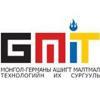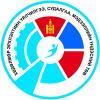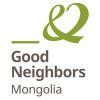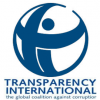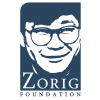The Swiss Agency for Development and Cooperation’s (SDC) Governance and Decentralization Program (GDP) II includes a component on urban governance with the aim to improve the capacity of the Municipality of Ulaanbaatar (MUB) to plan and deliver local public services and investments in ger areas in response to priorities voiced by citizens. As part of the GDP II, the Asia Foundation (TAF) is implementing the Urban Governance Project (UGP) in close collaboration with the MUB. The project’s overall goals are to help MUB plan and deliver more effective and responsive public services, and to improve Local Development Fund (LDF) investments in ger areas.
Between November 2019 and April 2020, Independent Research Institute of Mongolia (IRIM) conducted a midline evaluation for the UGP to assess the outcomes of the project's interventions and provide recommendations on future implementation. The primary aim of this evaluation was to measure the results of UGP interventions that have contributed to the three outcomes: (i) improving participatory decision-making in local governance; (ii) enhancing the delivery of public services; and (iii) strengthening and building the capacity of civil servants.
One of the objectives of the evaluation was to conduct a midline survey on UGP’s interventions as a follow-up to the baseline study carried out in May 2015. The evaluation also aimed to take into account the findings from the “Citizen Input Survey on the Decentralization of Services” administered in 2017. This midline survey also served as baseline data for the exit phase.
The objectives of the midline evaluation are:
-
Measure results of the UGP’s interventions that contributed to the three UGP outcomes: (i) improving participatory decision-making in local governance; (ii) enhancing the delivery of public services; and (iii) strengthening and building the capacity of civil servants;
-
Establish baseline data for the exit phase;
-
Assess ownership and coordination with the MUB on project activities;
-
Summarize lessons learnt and propose recommendations
The evaluation framework was developed based on the Organization for Economic Cooperation and Development's Development Assistance Committee (OECD-DAC)1 criteria related to a project or intervention’s relevance, effectiveness, efficiency, and sustainability in relation to its beneficiaries and stakeholders.
Details of the tasks done within the project include:
-
Developed the inception report including evaluation matrix and framework
-
Designed and developed quantitative and qualitative 9 survey tools
-
Conducted pilot study and revised evaluation tools based on the result of the pilot
-
Prepared training manual and conducted several training of enumerators
-
Organized a data collection in the field in cooperation with the local governors
-
Conducted data entry and three phased data quality checking
-
Cleaned and developed data set for the data analysis
-
Conducted analysis on quantitative and qualitative data gathered from the field
-
Developed evaluation final report
-
All deliverables are developed in both languages, English and Mongolian
Related projects
-
Leveraging Science and Tradition in DRR in Mongolia III (LTS3), Final Evaluation
Client
International Organization for Migration
.png)

.png)
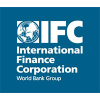
.png)
.png)
.jpg)


